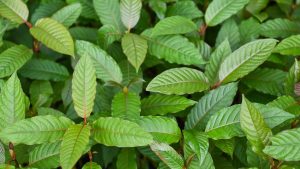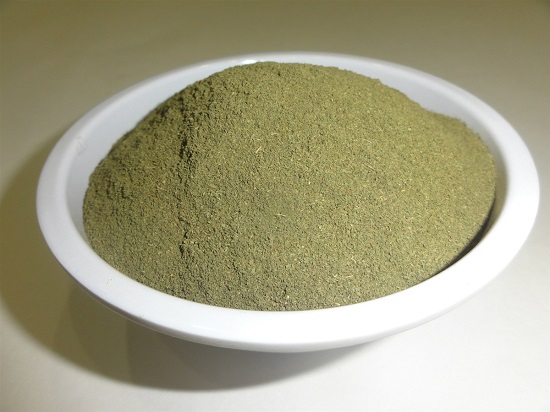While every sector has its fair share of obstacles and opportunities, I think CBD businesses like exhalewell.com is particularly well positioned at the moment. Cannabinoids generated from hemp that contain less than 0.3% THC remain inside a statutory grey area despite the approval of a 2018 Farm Bill. This uncertainty raises many new issues regarding product development, marketing, and funding. At the same time, both the market and the industry are expanding at a breathtaking rate.
Recent Changes In CBD Sellers:
The challenge for CBD businesses is making the most of this opening while overcoming substantial obstacles. Here is my perspective as a business owner and pioneer on the most pressing trends and their potential outcomes in my field.
In 2020, only two years before hemp-derived cannabinoids became federally authorized, CBD sales in the United States reached a staggering $4.6 billion. The pace of expansion is likely to quicken, with two credible predictions calling for a $15 billion to $20 billion market in the United States by 2025 & 2024, respectively.
Currently, CBD manufacturers have a very extensive catalog of goods available. There are over a hundred minor cannabinoids in the hemp plant, but that variety will grow as more firms launch products that focus on just one or two of them. We will create formulations for various applications emphasizing cannabinol (CBN), cannabigerol (CBG), and other substances and mixtures.
Despite CBD’s legality on the federal level, I’ve seen that CBD businesses still have trouble getting the usual banking services and funding. The FDA’s classification of CBD also hinders its promotion as a healthy and helpful substance.
Things to know about CBD stores:
The United States Congress has the last say on these matters, and many bills have been introduced. These include the Safe Banking Act of 2021, the Hemp & Hemp-Derived CBD Consumer Protection & Market Stabilization Act of 2021, and the Hemp Access & Consumer Safety Act. The passage of those latter two bills is crucial because it would allow the FDA to approve CBD for sale as just a dietary supplement. Increased sales and brand awareness will result from easing previously prohibited or limited forms of advertising and distribution.
Because hemp is so novel, producers must contend with several fundamental issues. For instance, scientists in the United States have recently begun designing seeds that consistently provide a harvest. The markets for various hemp products may stagnate due to a lack of trustworthy seeds, planting schedules, and tried-and-true growth methods.
Conclusion:
Hemp is being grown by certain farmers for use as a textile or food crop. However, experts in the field believe that percentage of the market still has a ways to go. U.S. hemp producers face stiff competition from countries with longer histories of hemp cultivation, such as China.
Government officials in several states are working to increase demand for industrial hemp goods. For example, in Colorado, the state government, the agricultural administration, Colorado State University, food farmers, and outdoor apparel brand Patagonia began a pilot project to test the viability of hemp fiber last year, and it will continue this year.











